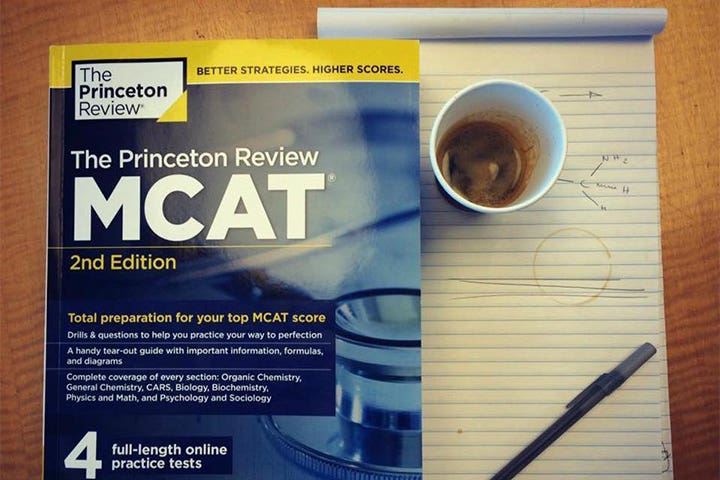1.Yall think MCAT scores are lower or higher?
2.More/Less ppl applying?
3."Easier" or harder to get accepted this cycle?
4.Schools will prefer their in-state kids to minimize travel bc of COVID?
BQ- Are most schools still doing rolling admissions bc it's kinda effed up for kids who had delays in their LoR's and transcripts and AMCAS and alladat
2.More/Less ppl applying?
3."Easier" or harder to get accepted this cycle?
4.Schools will prefer their in-state kids to minimize travel bc of COVID?
BQ- Are most schools still doing rolling admissions bc it's kinda effed up for kids who had delays in their LoR's and transcripts and AMCAS and alladat


